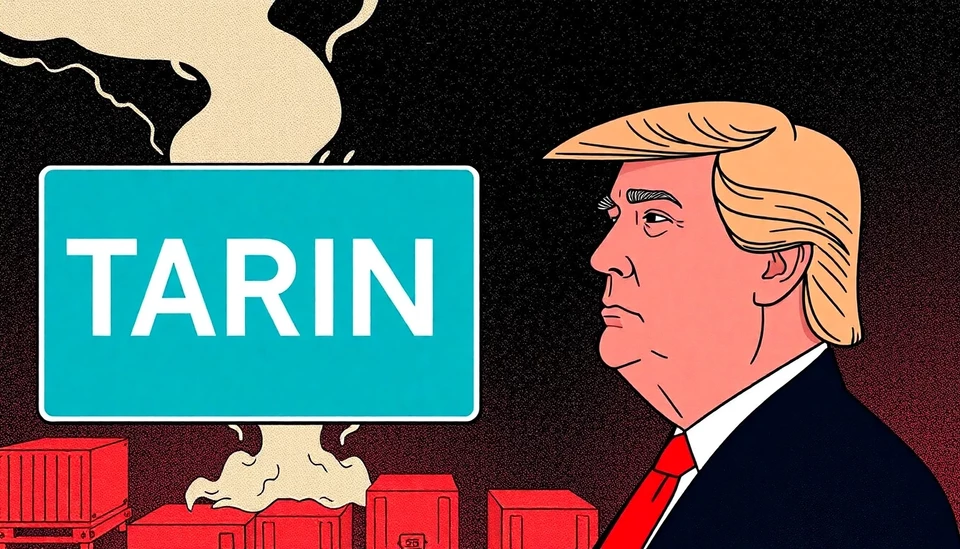
In a recent discussion on Bloomberg, Brad Setser from the Council on Foreign Relations (CFR) analyzed the unforeseen consequences of the enormous tariffs implemented during the Trump administration. The tariffs, which were aimed at various imports, stirred discussions about their long-term impacts on the U.S. economy and its trade relations globally.
The conversation highlighted how these tariffs—which were initially introduced as a strategy to protect American industries from foreign competition—have led to unexpected ramifications. Setser pointed out that such protective measures ended up increasing costs for American consumers and businesses, challenging the very premise of the tariffs’ intended benefits.
Setser explained that tariffs, while protective in nature, often lead to retaliatory measures from other countries. This has resulted in a complex web of trade tensions that can exacerbate the economic landscape. He emphasized that the ongoing trade war could leave lasting scars on both domestic and international markets, with implications for future administrations.
During the discussion, it was also mentioned that the global supply chain has been strained as a direct result of these tariffs. Companies faced increased operational costs, which they were often forced to pass on to consumers. This led to higher prices on a wide range of goods, affecting the purchasing power of everyday Americans. Setser underscored the necessity for comprehensive trade policies that consider not only immediate benefits but also the long-term effects on the economy.
Setser’s insights provide a critical lens on the economic strategies adopted during the Trump era, showing that what was once framed as a protective endeavor may have contributed to broader economic challenges. As the nation moves forward, understanding the implications of these tariffs becomes vital for policymakers and economists alike.
The dialogue concluded with a reminder that the complexities of trade are influencing other areas of policy, including domestic manufacturing, job creation, and international diplomacy. As trade relations continue to evolve, the lessons from this tariff shock will be important for shaping future economic discussions and decisions.
As the political landscape shifts, the repercussions of past economic policies remain pertinent, reminding us that the fabric of trade is intertwined with global stability and cooperation.
For those seeking to grasp the intricate dynamics of U.S. trade policy post-Trump, Setser's analysis provides an essential perspective that will resonate well into the future.
#TrumpTariffs #EconomicImpact #TradeWar #GlobalEconomy #CFR #BradSetser
Author: Daniel Foster




